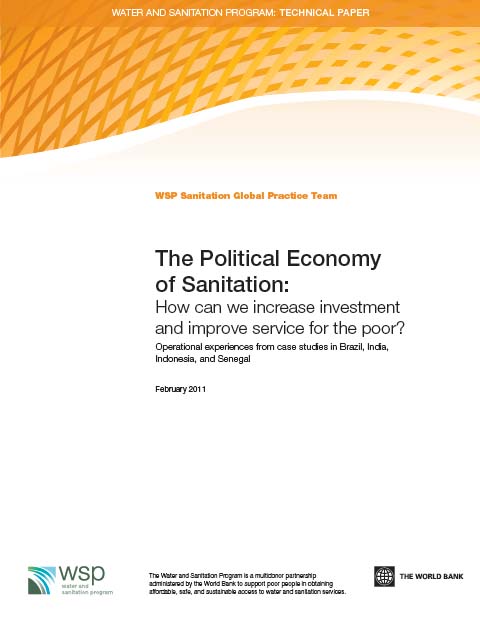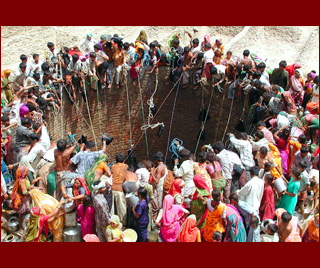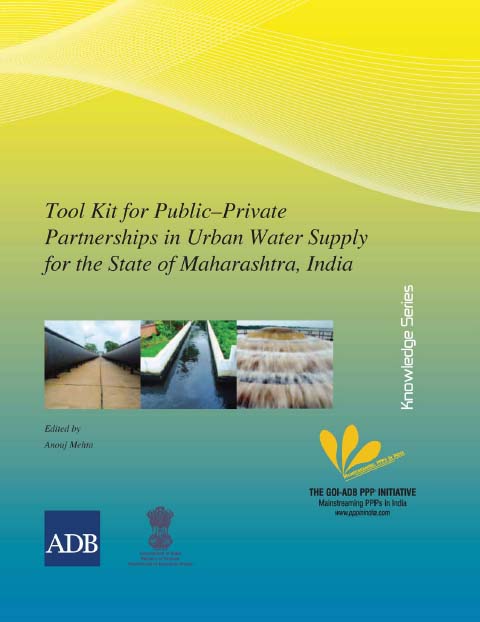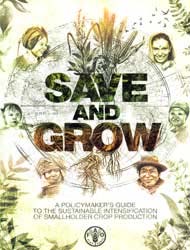/topics/conservation-reducing-water-usage
Conservation - Reducing Water Usage
The sector programme and climate change initiatives in Uttarakhand
Posted on 27 Jul, 2011 02:54 PMRecent scientific studies show that global warming is already causing environmental changes that will have significant global economic and social impacts. As the world's 4th largest emitter of greenhouse gases, India has to juggle the imperative demand for economic development with pressures for greater efficiency in the use of energy.
Climate change is a change in the statistical properties of the climate system when considered over long periods of time, regardless of cause. Climate change reflects a change in the energy balance of the climate system, i.e. changes the relative balance between incoming solar radiation and outgoing infrared radiation from Earth. The threat emanates from accumulated green house gas emissions in the atmosphere, generated through long term and intensive industrial growth and high consumption life styles of developed countries.
The political economy of sanitation - How can we increase investment and improve service for the poor? – A report by Water and Sanitation Program
Posted on 26 Jul, 2011 02:53 PM This global study attempts systematically to understand and thus help practitioners manage the political economy of pro-poor sanitation investments and service provision.
This global study attempts systematically to understand and thus help practitioners manage the political economy of pro-poor sanitation investments and service provision.
It aims to provide practical advice to multi-lateral agencies and sanitation practitioners to help them better manage stakeholder relations and effectively maneuver within the complex institutional relationships of the sanitation sector in order to enhance the design, implementation, and effectiveness of operations that provide pro-poor sanitation investments and services. The ultimate goal is to improve health and hygiene outcomes.
This study follows current approaches to political economy - interdisciplinary inquiry drawing upon social and political theory and economic principles - to understand how political actors, institutions, and economic processes influence each other. This study’s conceptual framework combines a diagnostic component with a typology of actions to help translate analytical findings into more effective support to operations and investments.
Guidelines of the Central Rural Sanitation Programme and Total Sanitation Campaign by the Department of Drinking Water and Sanitation (2011)
Posted on 25 Jul, 2011 07:30 PMThis document by the Department of Drinking Water and Sanitation deals with the guidelines of the Central Rural Sanitation Programme (CRSP) and Total Sanitation Campaign (TSC). India’s first nationwide programme of rural sanitation, the CRSP was launched in 1986, while TSC was launched in 1999 with the aim of ending open defecation.
Public support to food security in India, Brazil and South Africa – Elements for a policy dialogue – A working paper by International Policy Centre for Inclusive Growth
Posted on 21 Jul, 2011 08:52 AM Together, India, Brazil and South Africa have about 20 per cent of the world’s population. Although the three countries have demonstrated the potential for transformative development in the South, their experience has been marked by key challenges such as relatively high levels of poverty, inequality and food insecurity, problems that persist for significant numbers of people.
Together, India, Brazil and South Africa have about 20 per cent of the world’s population. Although the three countries have demonstrated the potential for transformative development in the South, their experience has been marked by key challenges such as relatively high levels of poverty, inequality and food insecurity, problems that persist for significant numbers of people.
There is a potential to build a network of academics and experts from Brazil, India and South Africa, and food security is among the themes of great interest. This paper seeks to contribute to this process by examining pertinent elements of policy dialogue. As regards food security, each of these countries has developed conceptions and orientations that guide their policy agendas. They include distinctive treatments of several multi-dimensional strategies, multi-stakeholder arrangements and rights-based approaches.
India must prepare for future growth by planning a low-water economy - Article in YaleGlobal Online by Rohini Nilekani
Posted on 19 Jul, 2011 12:37 PMArticle and Image courtesy: YaleGlobal Online
Author: Rohini Nilekani
India and China account for one third of the world’s population; each consumes more freshwater than other nations. Per inhabitant per year, though, India uses less than half what’s used in the US, China uses less than one third. This YaleGlobal series examines India and China’s water use, their expectations for rising demand and recognition that shortages will disrupt economic progress.
The Planning Commission of India repeatedly warns that water will become a more serious issue than land or energy for India in years to come, points out Rohini Nilekani, in the second article of the series. India’s transition from an economy based on agriculture to a mixed one, with water use controlled by states rather than the federal constitution, already leads to conflicts. She urges planning for a low-water economy. Good governance and regulatory frameworks can prevent pollution and waste, while encouraging efficiency, reliable and fair allocation, and wise consumer choices.
 Thirsty earth: Indian villagers in Gujarat gather to draw water from a well
Thirsty earth: Indian villagers in Gujarat gather to draw water from a well
Public-Private Partnerships in urban water supply for Maharashtra – Tool kit by GoI-ADB PPP Initiative
Posted on 16 Jul, 2011 06:48 PM
The various possible PPP structures for the sector were studied, and their applicability assessed in the context of the selected sample cities. Consultations led to development of term sheets for these PPP structures, which were identified as most suitable and feasible for implementation.
The above exercise has led to development of this report, which may be considered as a tool kit designed to help decision makers decide whether a particular project might be suitable for the PPP route or not. The tool kit can, therefore, be the basis for approving a project implementation structure as part of the overall project approval methodology.
8th National award for excellence in water management, Confederation of Indian Industry, December 2011, Hyderabad
Posted on 15 Jul, 2011 02:25 PMOrganizer: Confederation of Indian Industry
Venue: CII - Godrej GBC, Hyderabad
Save and grow - A policymaker’s guide to the sustainable intensification of smallholder crop production - FAO (2011)
Posted on 14 Jul, 2011 12:48 PM
"No full stops for this rainman" - Interview with Shree Padre, farmer, water journalist and rainwater harvesting "evangelist" based in Kerala (2007)
Posted on 14 Jul, 2011 10:41 AMAuthor: Namitha Dipak, Lokhit Pashu-Palak Sansthan
Shree Padre, farmer, water journalist, and rainwater harvesting “evangelist” based in Kerala, India
Prospects and policy challenges in the Twelfth Plan: A special article by Montek Singh Ahluwalia in EPW
Posted on 14 Jul, 2011 08:55 AMThe year 2011-12 is the last year of the Eleventh Plan and this is therefore an appropriate time to review what has been achieved with a view to identify weaknesses in the strategy that need to be corrected, and also identify new challenges that may require new initiatives. The paper is presented in the hope of spurring a broader discussion on these issues.





